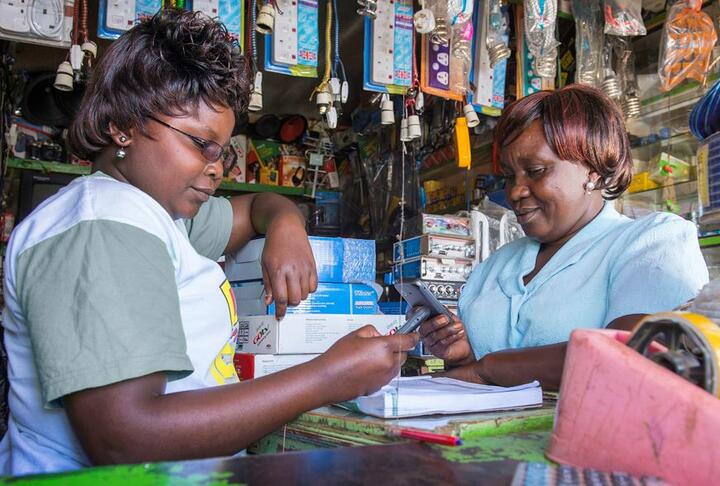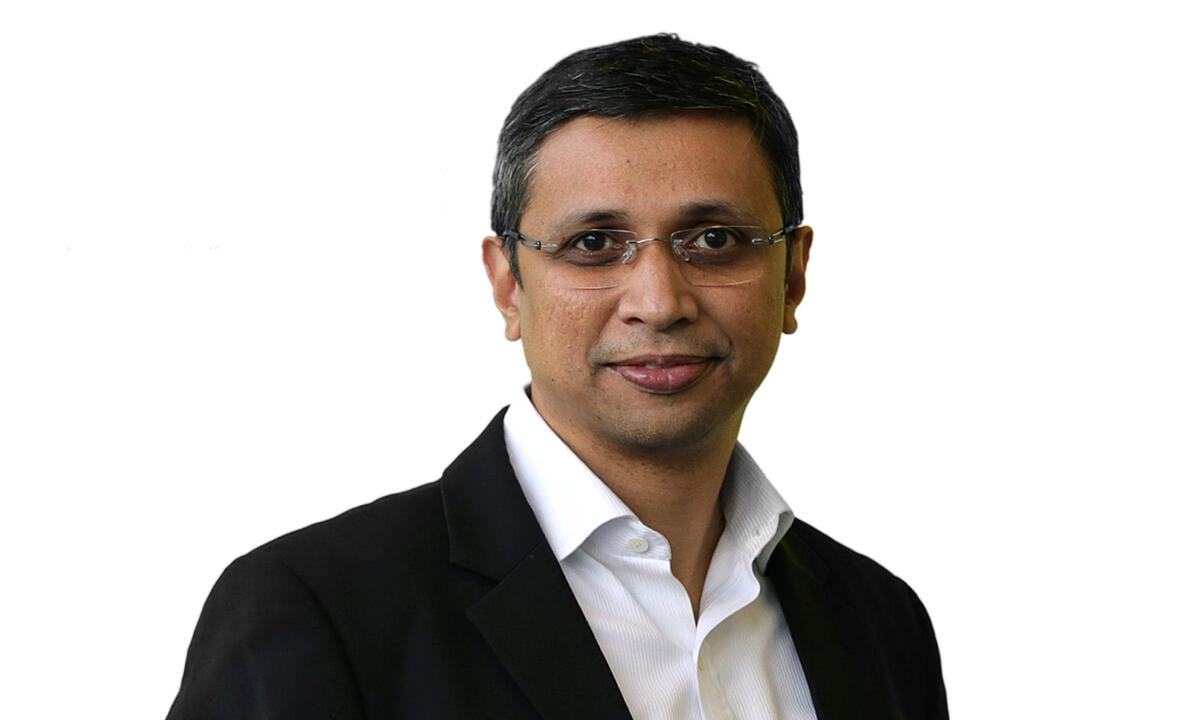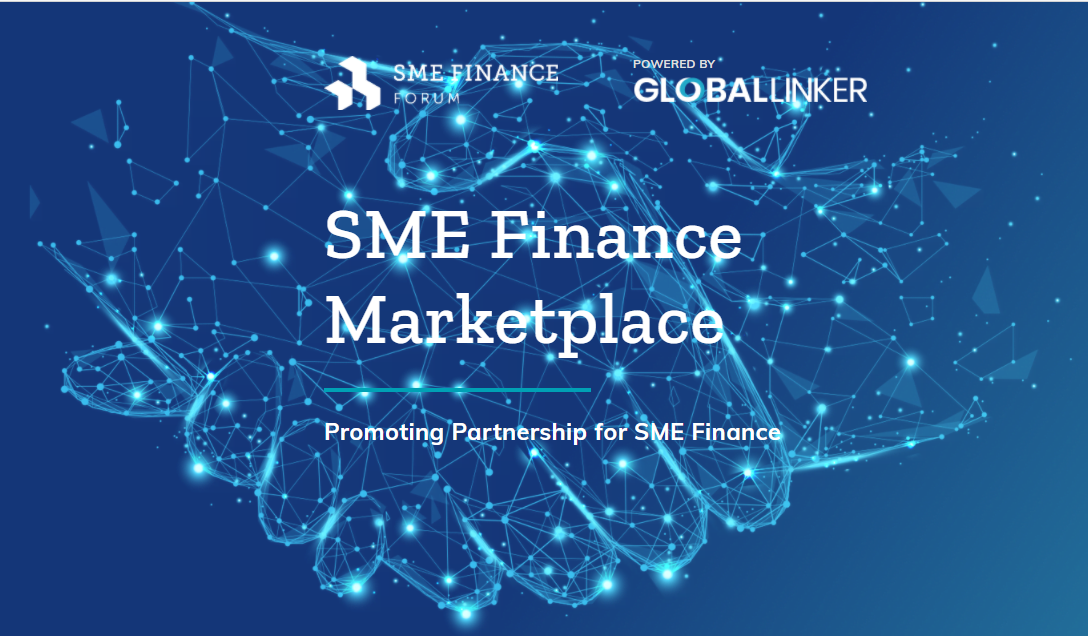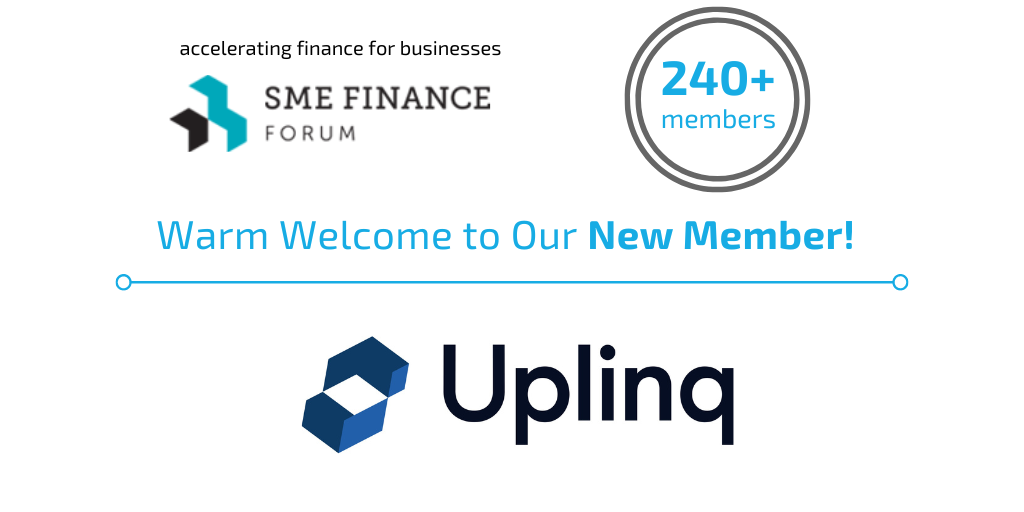Sometimes the solutions to the problems we’re trying to solve are right in front of us, waiting to be noticed. Efforts to advance financial inclusion, for instance, often occur in an environment where little mutual knowledge and trust exists between financial institutions and those who lack access to financial services. Yet many small businesses, well known to those financial institutions, already have deep relationships in the local community with the same unbanked people. So why aren’t we considering those small businesses as part of the solution to financial inclusion?
At The MasterCard Foundation, we continue to explore how to advance the next generation of financial services that meet the needs of the poor. Some 64 million people in Africa now actively use digital financial services through mobile devices, primarily phones. Half of these people did not have access to financial services until they got their mobile device.
These financial services, however, are used infrequently and for very specific uses (for example, transferring cash to family and friends), not for the full range of a person’s financial needs. The vast majority of adults in Africa still do not have access to a formal bank account and continue to rely on less safe informal mechanisms.









